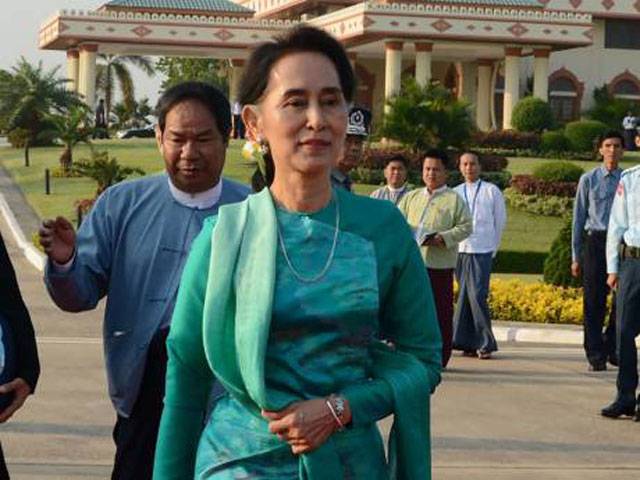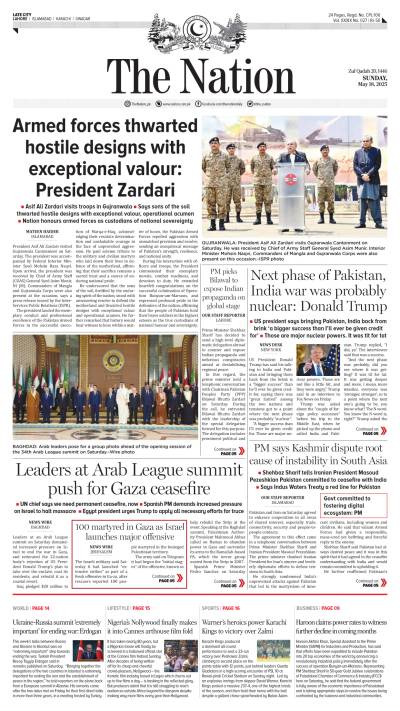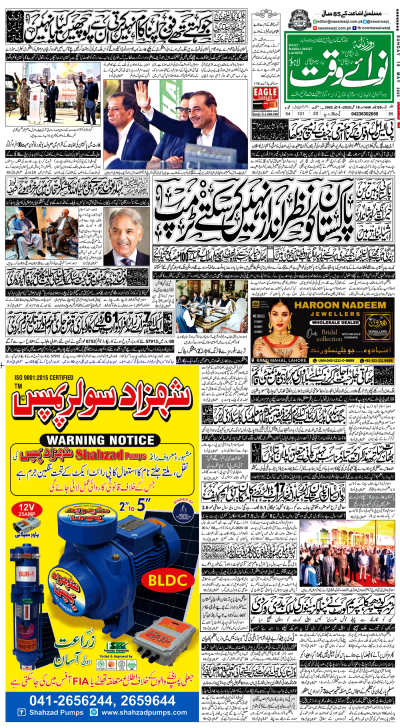Sajjad Ashraf - Recent reports indicate that Myanmar’s Nobel Laureate Aung San Suu Kyi had advised the American Ambassador to Myanmar not to use the term ‘Rohingya’ for the largely Muslim people of the country’s western-most state of Rakhine, which borders Bangladesh.
In denying the existence of a million Rohingya as a separate ethnic group within Myanmar, Suu Kyi, the ‘heroine of the Myanmar democracy movement’ has chosen to follow the policies of the former military government. Explaining the decision, U Kyaw Zay Ya, a foreign ministry official said: “We won’t use the term Rohingya because Rohingya are not recognised as among the 135 official ethnic groups.”
The New York Times, one of the world’s most respected liberal newspapers, called her advice, “wrong and disappointing”, adding, “the Rohingya are every bit [Myanmarese] as she is”.
Suu Kyi, who spent 15 years under house arrest, becoming one of the world’s best known and most respected political prisoners is now the State Counsellor and Minister for Foreign Affairs in the newly installed democratic dispensation in Myanmar — the first since 1962 when the military took over. In 1991, she was awarded the Nobel Peace Prize for her struggle for democracy in her country. She could only receive the award 21 years later in 2012 after her house arrest was lifted.
The earliest settlement of Rohingya in Rakhine is reported as early as the 8th century. The movement into Rakhine accelerated after the British conquest of Myanmar in 1825, which was then administered as part of British India. While this boosted the colonial economy, the indigenous people resented their presence. The Rohingya were finally declared illegal immigrants under the 1982 Act, decreed by Myanmar’s dreaded military rulers, which codifies ethnic exclusion into law.
The 1982 Citizenship Law, which includes the burden of proving that they have lived in Myanmar for at least 60 years, consigns almost all the Rohingya to a stateless existence. Consequently, they are denied health care, education, job opportunities or any other civic benefits. Much of the community is placed in ghetto-like camps and people are subject to deportation. Giving in to the radical Buddhists, they are now left behind in Myanmar’s much trumpeted return to democracy led by Suu Kyi. Their persecution has now led to the highest outflow of asylum seekers by sea, in Southeast Asia since the Vietnam War.
Professor Penny Green of the International State Crime Initiative describes the actions of the Myanmar government against the Rohingya people as the five-stage “process of genocide”. This starts with stigmatisation and then harassment, which leads to isolation and then the systematic weakening of civil rights. The genocide stage occurs once the first four stages are laid. She claims that the first four stages have all happened to the Rohingya while the fifth is possible. The United Nations calls them the “most persecuted minority in the world”.
The Rohingya plight now involves several countries, including Myanmar’s partners in the Association of Southeast Asian Nations (Asean).
With the discovery of mass graves of fleeing Rohingya on the Thai-Malaysian border last year, Asean’s involvement became inevitable. Malaysia and Thailand agreed to take in a few thousand boat-people temporarily, but a collective response to Myanmar’s actions is still lacking.
As the Asean works on the basis of consensus among its members, the organisation finds itself paralysed because Myanmar, being an Asean member, will not for now, backtrack on the Rohingya issue.
Asean’s deficient handling of the Rohingya issue highlights the absence of a mechanism to act when a member state’s policies potentially destabilise another member. Asean should remember that its own creation was largely a collective reaction to the surging Communism in the north during the 1960s. Strict adherence of non-interference in the internal affairs at the expense of ethics and human rights would have left many unjust regimes in place. Asean’s response to the unfolding crisis therefore falls short of its ‘one vision, one identity, one community’ motto.
Since the Rohingya crisis is directly linked to socio-economic, political and religious factors, it is necessary to understand the larger security implications of its fallout. As much of the contemporary armed struggles are the outcome of a perceived sense of injustice and deprivation, the Rohingya too may be compelled to pick up arms in pursuit of justice and in support of their demands.
Suu Kyi, in her Nobel Prize acceptance speech in 2012, reminded the world not to forget refugees and others in need, who may be suffering twice over, from oppression and from the larger worlds’ “compassion fatigue”. Ironically, the woman whose name is synonymous with struggle for equality and human rights now chooses to purse the ethnic exclusion policies of the despotic rulers she succeeded.
Suu Kyi needs to demonstrate that democracy means inclusiveness and acknowledge the humanitarian rights of the Rohingya — the most persecuted minority in the world. Her call for compassion is being tested in Myanmar, in the Asean countries and the global community at large.–Gulf News






